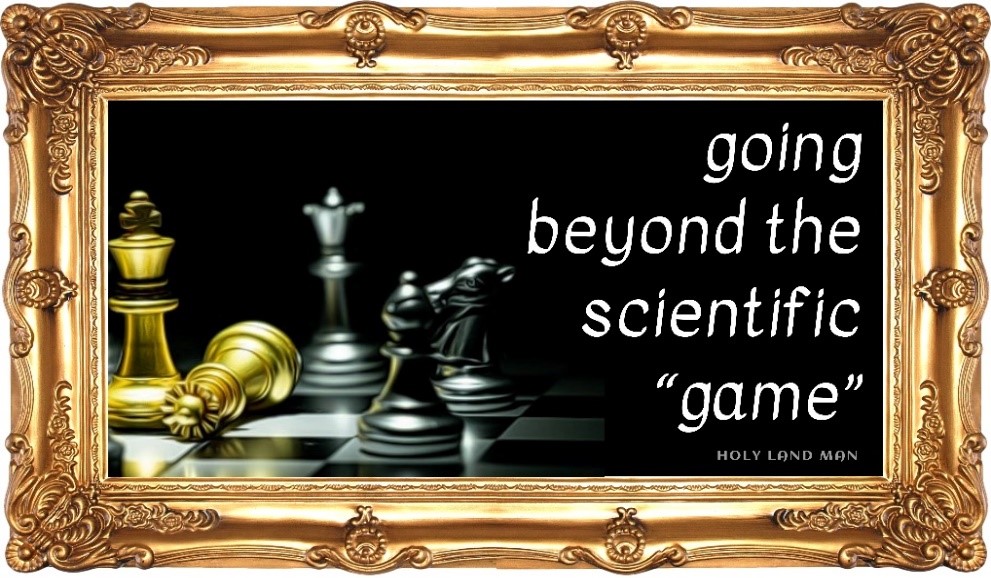As a result of this “game,” scientists train themselves not to see GOD and the supernatural and to consistently ignore any phenomenon that might hint at their presence. Is there a universe? This is the big bang. Is there life? This is a biological genesis. Are there humans? This is evolution. Are there amazingly complex and sophisticated biological systems? Evolution again. Are there miracles? Cases and statistics. Are there experiences of revelation?
That is delusional. And so on. Even if all the stars get aligned in the sky in a way that spells the word “GOD,” scientists would not be allowed to claim that there is a supernatural force behind it. They have to look for a natural explanation for the phenomenon because these are the rules of the game.
So what’s the problem with that? If in the end science manages to find natural explanations for all phenomena, without putting the supernatural into the picture, then perhaps the supernatural really does not exist? Why is it necessary if everything can be explained without it?
The answer is twofold, both at the micro and macro levels:
At the micro-level, many times the natural explanations of science seem far lamer and more forced than the alternative supernatural explanation. The complexity of nature for example, and especially of the animal world, and the distinct purpose of the various biological systems, create a very strong intuitive impression of planned work (whether the designer created it in its entirety as it is, or designed the process that led to its emergence). Even if blind evolution can explain all the phenomena (which is highly questionable), it will always seem less plausible and consistent with common sense than the alternative explanation of the intentional design.



